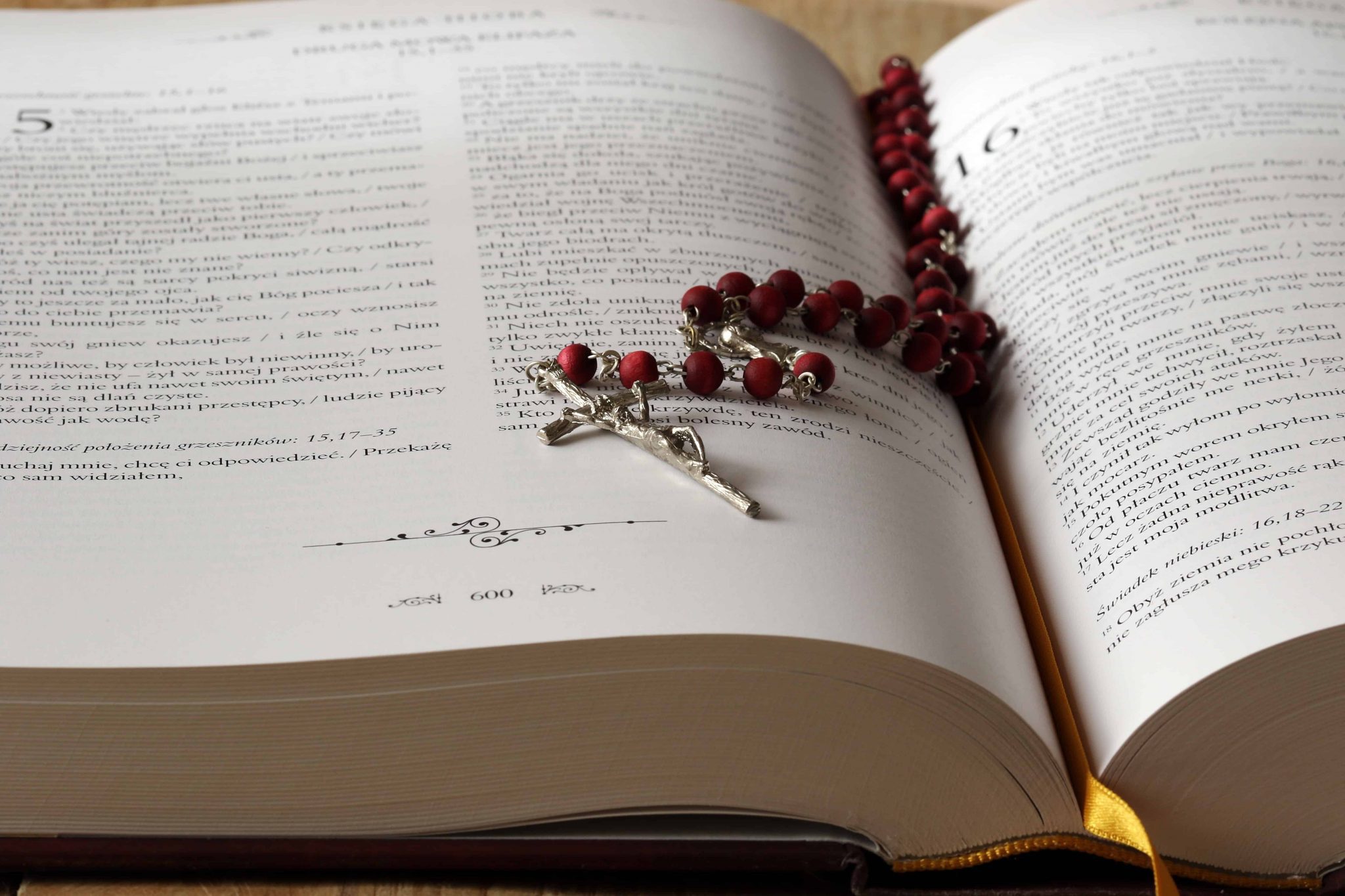All Saints
As so many “official saints” have been priests, religious, and celibates, it’s critically important that we have the words of the Beatitudes in today’s gospel to remind us of what holiness looks like. Nowhere in the Beatitudes is there a word about celibacy. There is certainly nothing about one’s vocational state (priest, sister, etc.). Instead, we have attributes such as “poor in spirit,” “meek,” and “merciful.” These are the hallmarks of sanctity. And they can be practiced by anybody, religious or lay, Catholic or Protestant, even Christian or non- Christian. We recall that the Gospel of Matthew is much more about actions than words.
Thirtieth Sunday in Ordinary Time
We recall that Jesus’ teachings were rooted in Mosaic Law and the prophets. Yet he emphasized or combined aspects of each that made them seem to come alive, or to be read and understood in a new way. It’s certainly true that loving God and loving one’s neighbor were commandments in Mosaic Law. But who had ever combined them like this before? All of our actions ought to flow from this twofold love. Loving God and loving neighbor go together, and they cannot be reduced one to the other or one over the other.
Twenty-Ninth Sunday in Ordinary Time
In the modern, rather individualistic world in which we live, there is a temptation to believe that what we have, we have earned, a result of my own hard work or that of others, such as a family. But today’ gospel is a reminder that all we have is from God. As such, we should not be hoarders of God’s good gifts. Even money itself should not be thought of as ours. Let us die to the notion of possessions, what is mine versus yours, and let us instead engage in a lifestyle of discipleship that shares what we have with the least among us.
Twenty-Eighth Sunday in Ordinary Time
In a gospel story filled with such violence, it might be easy to forget we are dealing with a merciful God! As indicated in several parables, Matthew’s church had the wisdom and experience to have learned that there were some in the church who did not belong. There are weeds within the wheat. Sadly, our modern experience reflects this too. Simply being in the church does not make one holy, God’s chosen, or a paragon of virtue. Only God has the authority to externally expel such a person. The sobering reminder that “many are invited but few are chosen” should cause us to pause, reflect and reexamine our lives.
